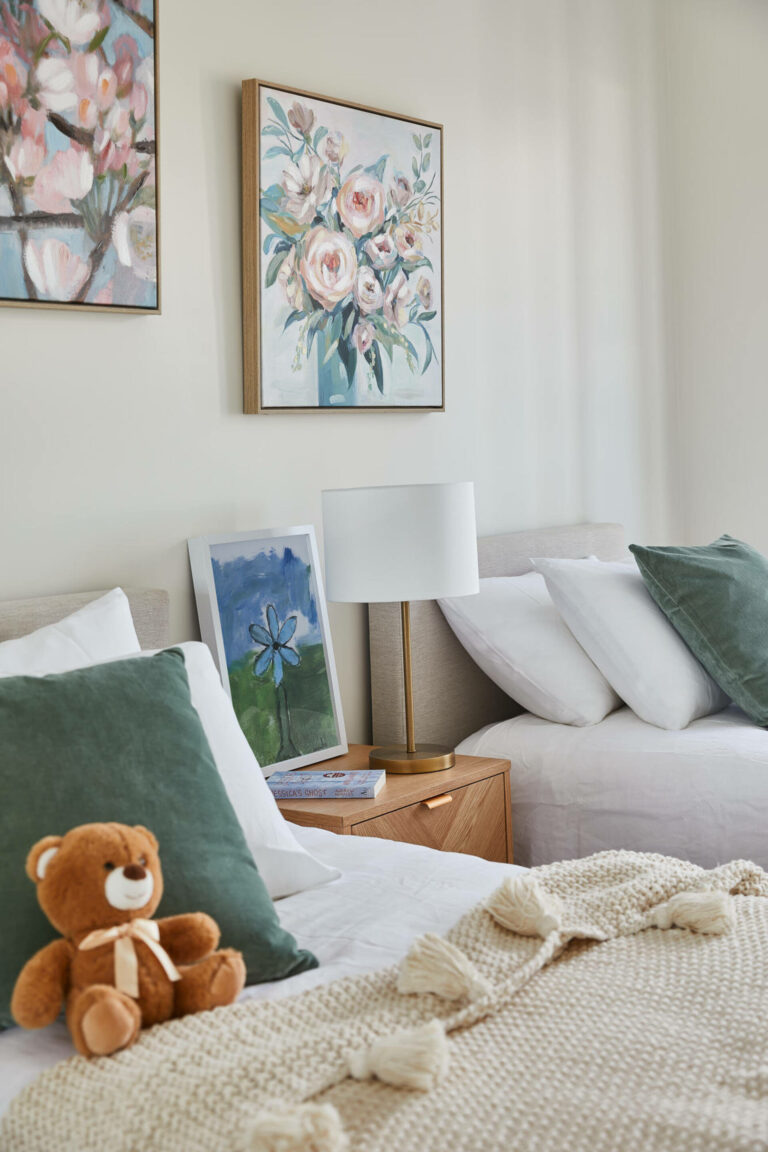Women escaping domestic and family violence are increasingly becoming homeless, while support services struggle to meet the rising demand.
According to the the the 2022-23 annual report from the government agency, Australian Institute of Health and Welfare (AIHW), over 40,000 people in Victoria received crisis support services last year, most of whom were women affected by domestic and family violence (DFV).
The Women’s Community Shelter (WCS) is working with the Mornington Peninsula Council and the local community to establish crisis accommodation shelters in the southern Peninsula for women and children escaping domestic violence.
“Approximately 200 women and children are housed in hotels and motels a night,” said Sophie Panigirakis, a founding member of “Moonah House – Mornington Peninsula Shelter”, to Neos Kosmos.
Supporting women and children in need
WCS is a non-profit organisation that establishes emergency accommodation and safe housing options for women and children who experience homelessness and DFV.
Since 2023, it has set up 11 crisis shelters across New South Wales and over 65 transitional properties, providing support to more than 1,300 women and children in crisis.
They aim to do the same in Victoria.
“We are not just looking to open one. We have four councils already approach us to work with them to help open one in their community. There is a need for more,” said Panigirakis.

The WCS initiative in Mornington Peninsula
Two years ago, efforts in Mornington Peninsula, began when Sarah Race, a local councillor for the Mornington Peninsula Shire, contacted Women’s Community Shelters (WCS) due to the “dire homelessness situation.”
As a Bayside Women’s Shelter (NSW) board member, Panigirakis met Race during COVID and inquired about the council’s support for women, leading to a collaborative project with local advocates.
“Like any other grassroots” initiative, Panigirakis said it was a community-driven effort.
“It was the cause of empowering women that I really enjoyed, seeing how we could make a difference and help women rebuild their lives.”
Panigirakis is also a founding member of Bayside Women’s Shelter, a charity in Southeast Sydney that has accommodated “over 300 women, with or without children, escaping family and domestic violence,” since 2018.
“We are losing women. And it’s not to do with this area. It’s a big community problem. It’s everyone’s problem.”

Empowering communities
Pangigirakis said Moonah House, has formed a steering committee that will soon transition into a board.
While the organisation continues to lobby the government for support, she said through fundraising efforts, they have “raised $41,597.15” to date.
Recently, WCS facilitated a Community Forum Townhall in collaboration with the Mornington Peninsula Council.
The aim was to build local partnerships, initiate fundraising efforts, and discuss plans for a new shelter designed “for the community, by the community.”
Panigirakis, reflecting on her own family’s migration experience (her father arrived in Australia in the ’60s), said not even migrant families faced homelessness when they arrived.
“I don’t think any of our parents lived in tents when they migrated here,” she said.
Walk the Talk Program
WCS has engaged two schools, Mornington Peninsula Grammar and Rosebud Secondary College, to participate in their education program, Walk the Talk.
This program, educates students on the connection between unhealthy relationships and domestic and family violence, connecting them to their local shelter, explains Panigirakis.
A call for support
WCS has secured partnerships with Mornington Peninsula Grammar and Rosebud Secondary College for their Walk the Talk education program.
The program, educates students on the connection between unhealthy relationships and domestic and family violence, explains Panigirakis.
WCS also collaborates closely with frontline services like Orange Door, Safe Steps, and Good Shepherd to enhance their support efforts.

Addressing domestic violence in Australia
The federal government recently announced plans to create 720 new safe places over three years, enhancing nationwide access to emergency accommodation for women escaping domestic violence.
In the latest 2022-23 report from Homelessness Australia, 45% of Australian women seeking homelessness support cited domestic violence as their primary reason.
According to the AIHW report, 38% of SHS clients in 2022-23 had experienced family and domestic violence, with numbers increasing by an average of 2.5% annually since 2011-12.
In 2022, the Australian Government announced the National Plan to End Violence Against Women and Children 2022–2032, coordinating efforts across all levels of government to address the issue.
Grassroots groups like Destroy the Joint’s Counting Dead Women, the Red Heart Campaign’s Femicide Counter, and ABC have reported different numbers of women who died violently this year.
As of November 17, Australian Femicide Watch reports that 49 women have been killed in Australia this year due to violence.
Counting Dead Women records all violent deaths of women, including those committed by women, and currently lists 39 women killed violently this year.
ABC’s count identifies 38 women murdered, with a man charged or convicted, this year. In June alone, eight women were killed, three in just three days.
*For more information about the Women’s Community Shelter initiative in Victoria, you can email Sophie Panigirakis at Sophie@womenscommunityshelters.org.au.
- If you are in Victoria and experiencing family and domestic violence, call Safe Steps or visit safesteps.org.au
- If you or someone you know is impacted by sexual assault, domestic or family violence, call 1800RESPECT or visit 1800RESPECT.org.au
- If you are concerned about your behaviour or use of violence, you can contact the Men’s Referral Service on 1300 766 491 or visit www.ntv.org.auUB
- Feeling worried or no good? No shame, no judgement, safe place to yarn. Speak to a 13YARN Crisis Supporter, call 13 92 76. This service is available 24 hours a day, 7 days a week.